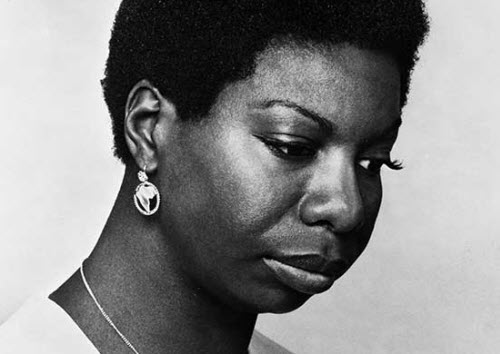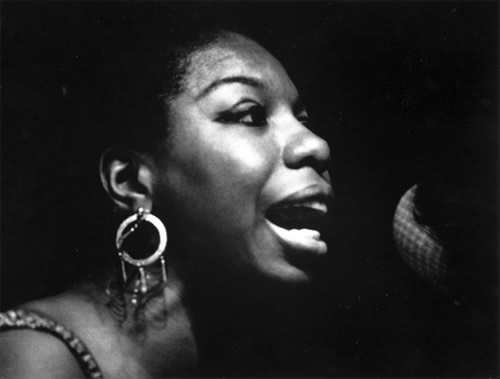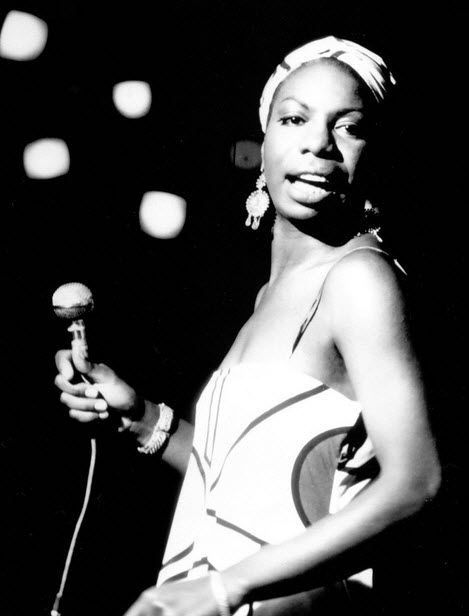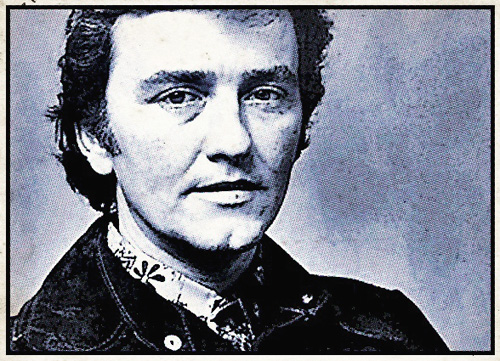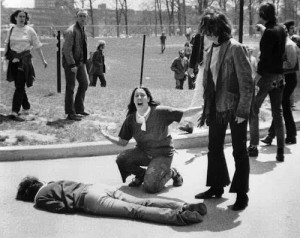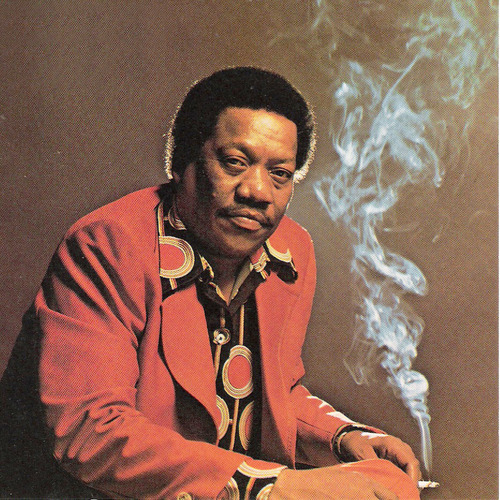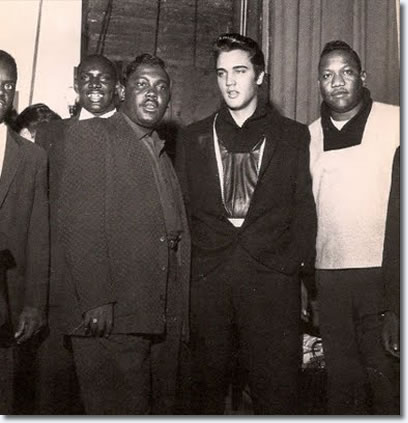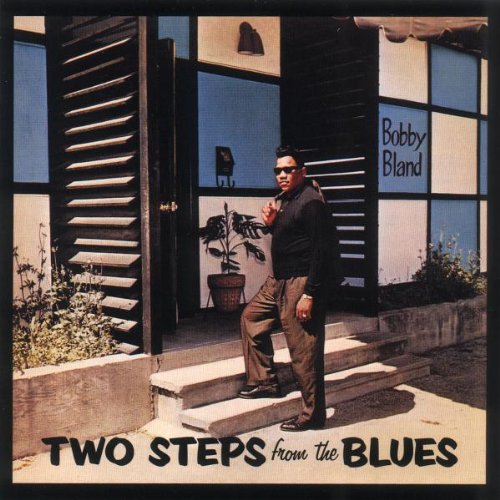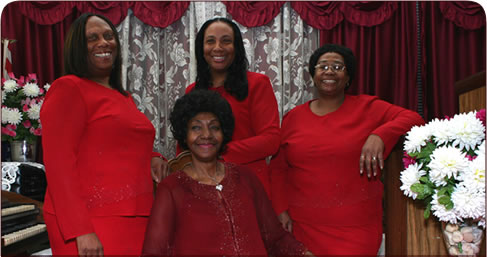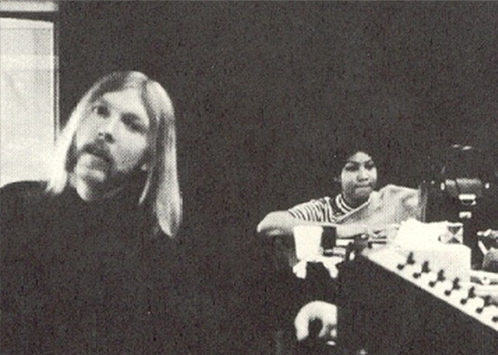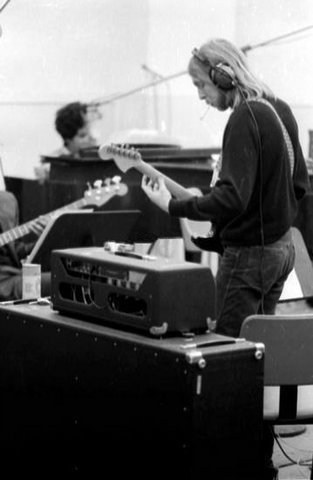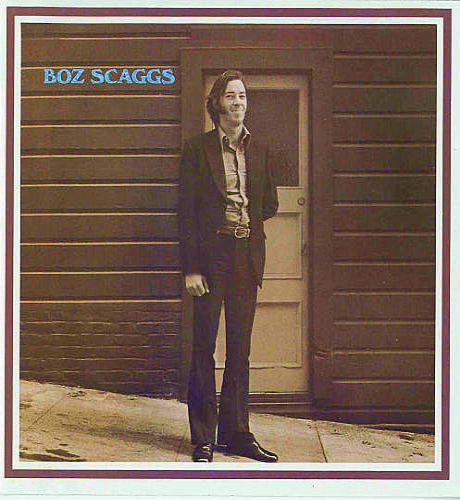Jazz is a white term to define black people. My music is black classical music.
~Nina SimoneOnce I understood Bach’s music, I wanted to be a concert pianist. Bach made me dedicate my life to music, and it was that teacher who introduced me to his world.
~Nina SimoneNina Simone was one of the most gifted vocalists of her generation, and also one of the most eclectic.
~Mark Deming (allmusic.com)
Ain’t Got No…I’ve Got Life:
Wikipedia:
| Birth name | Eunice Kathleen Waymon |
|---|---|
| Born | February 21, 1933 Tryon, North Carolina, United States |
| Died | April 21, 2003 (aged 70) Carry-le-Rouet, Bouches-du-Rhône, France |
| Genres | Jazz, blues, R&B, folk, gospel |
| Occupations | Singer, songwriter, pianist,arranger, activist |
| Years active | 1954–2003 |
| Labels | Bethlehem, Colpix, Philips, RCA Victor, CTI, Legacy Recordings |
| Website | http://www.ninasimone.com/ |
Eunice Kathleen Waymon (February 21, 1933 – April 21, 2003), better known by her stage name Nina Simone /ˈniːnə sɨˈmoʊn/, was an American singer, songwriter, pianist, arranger, and civil rights activist widely associated with jazz music. Simone aspired to become a classical pianist while working in a broad range of styles including classical, jazz, blues, folk, R&B, gospel, and pop.
Born the sixth child of a preacher’s family in North Carolina, Simone aspired to be a concert pianist. Her musical path changed direction after she was denied a scholarship to the prestigious Curtis Institute of Music in Philadelphia, despite a well-received audition. Simone was later told by someone working at Curtis that she was rejected because she was black. When she began playing in a small club in Philadelphia to fund her continuing musical education and become a classical pianist she was required to sing as well. She was approached for a recording by Bethlehem Records, and her rendering of “I Loves You, Porgy” was a hit in the United States in 1958. Over the length of her career Simone recorded more than 40 albums, mostly between 1958—when she made her debut with Little Girl Blue—and 1974.
“Feelings” (Montreux Jazz Festival):
Her musical style arose from a fusion of gospel and pop songs with classical music, in particular with influences from her first inspiration, Johann Sebastian Bach, and accompanied with her expressive jazz-like singing in her characteristic contralto. She injected as much of her classical background into her music as possible to give it more depth and quality, as she felt that pop music was inferior to classical. Her intuitive grasp on the audience–performer relationship was gained from a unique background of playing piano accompaniment for church revivals and sermons regularly from the early age of six years old.
In the early 1960s, she became involved in the civil rights movement and the direction of her life shifted once again. Simone’s music was highly influential in the fight for equal rights in the United States. In later years, she lived abroad, finally settling in France in 1992.
Love Me Or Leave Me:
15 min clips from 1984 Interview:
Playlist of the day:
Other APR-21:
Continue reading Today: Nina Simone passed away in 2003 – 10 years ago

